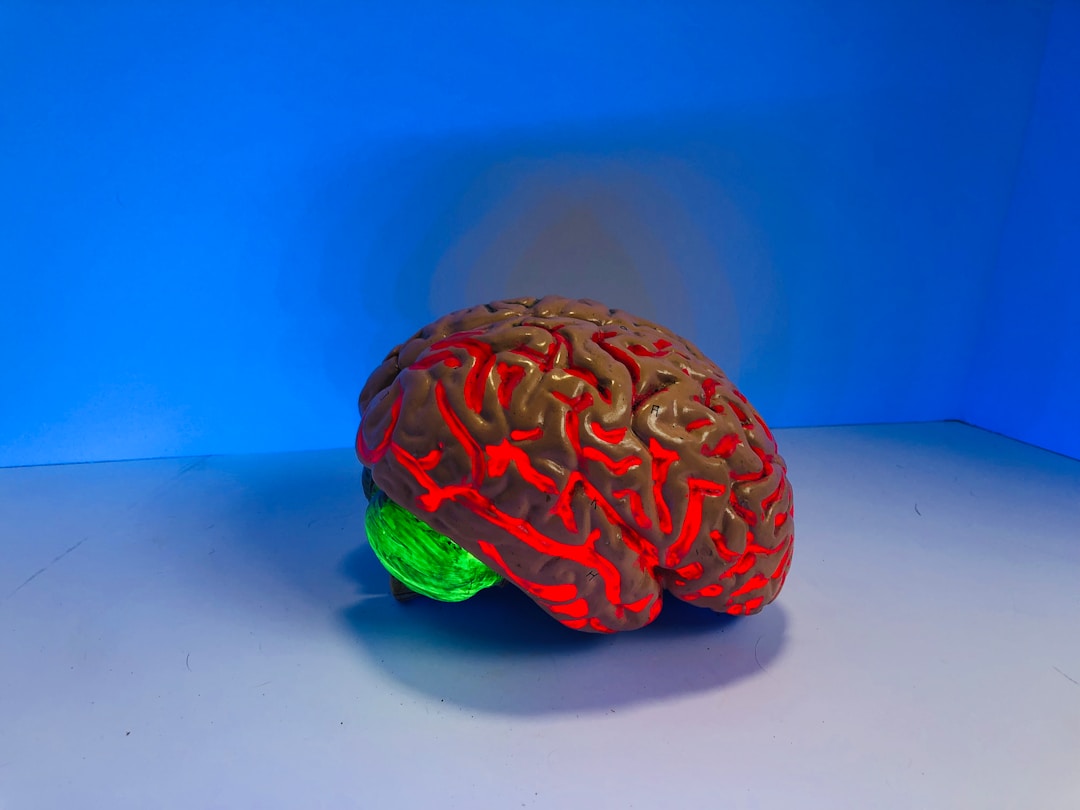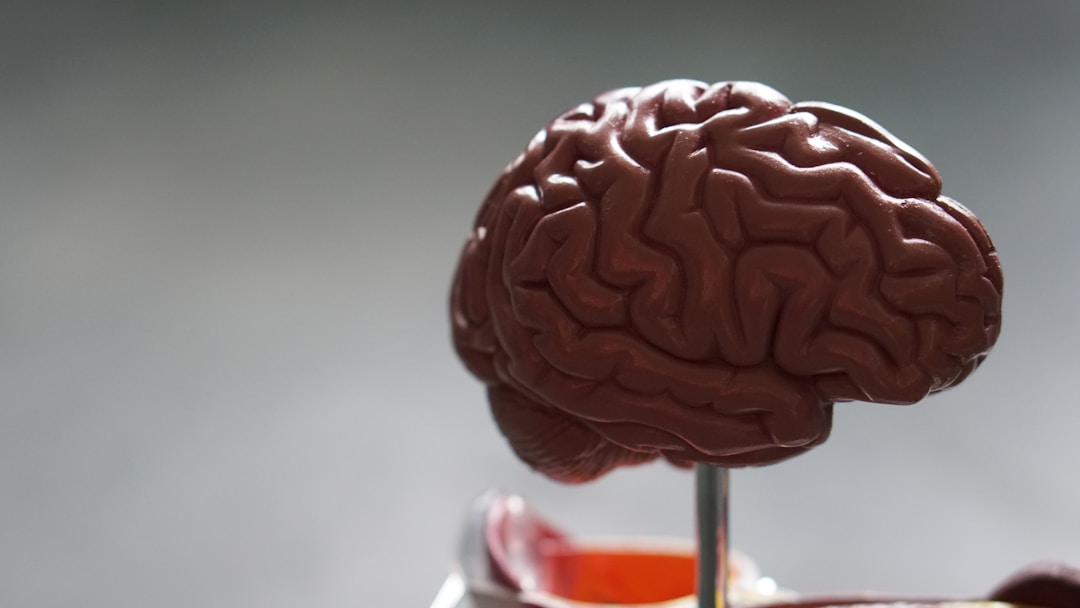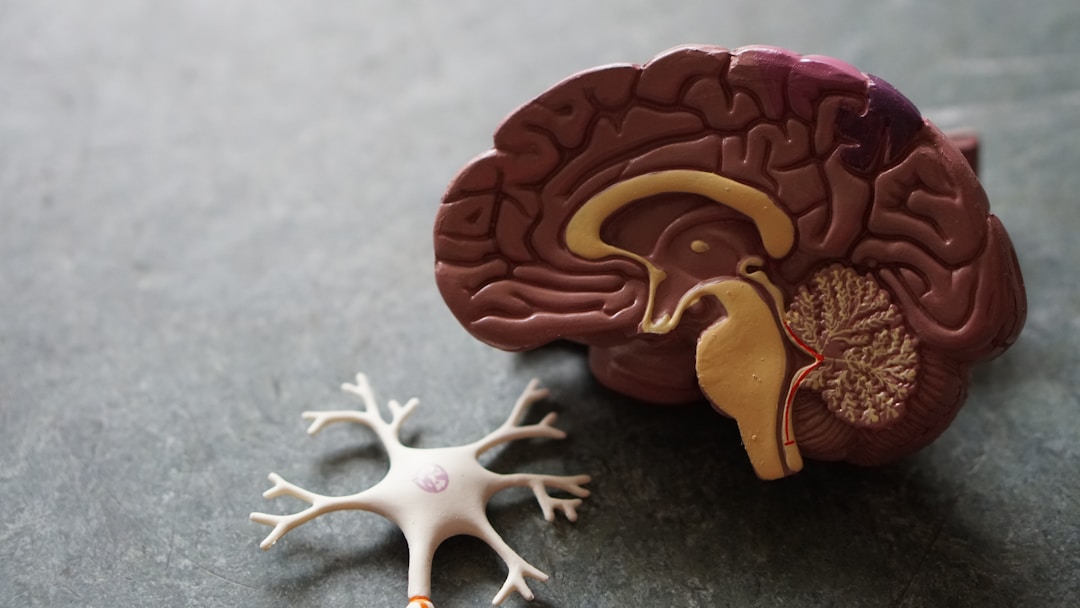Everybody contains a brain, though some face greater challenges when it comes to this organ. From different types of dementia to the cognitive decline of a traumatic brain injury, different individuals can face different kinds of brain disorders and different symptoms as a result. Both the patient and their caregivers can worry about whether their memory loss is caused by Alzheimer’s or another disorder of the brain. With an understanding of these conditions, though, you’ll be better able to recognize whether you’re seeing signs of cognitive impairment or those issues that are just a normal part of aging.
Brain Injury

While arguably not a disorder in a technical sense, a brain injury or traumatic brain injury (TBI) in particular is worth mentioning among these common conditions. Typically caused by auto accidents or sports injuries, TBIs bring about symptoms including confusion, blurry vision, difficulties in concentration, cognitive deficits such as amnesia, the inability to speak or comprehend language, or the inability to create new memories. A patient with a TBI may deal with balance issues, post-traumatic seizures, blackouts, fatigue, irritability and impulsivity, depression, nausea, and more. Treatment will depend on the severity of a particular case but may include medication, surgery, rehabilitation, or counseling.
Alzheimer’s Disease
A neurodegenerative condition, Alzheimer’s disease is the most commonly recognized cause of dementia, with more than 60 percent of dementia cases being attributed to this diagnosis. Alzheimer’s causes memory issues, inappropriate behavior, and declining cognitive abilities, among other such symptoms. On a cellular level, Alzheimer’s disease is caused by amyloid plaques and neurofibrillary tangles in the brain. Over time, Alzheimer’s progress and symptoms worsen; Alzheimer’s disease is the sixth leading cause of death in the United States.
Dementia

While you may hear the terms “Alzheimer’s” and “dementia” used interchangeably, the two conditions are not identical. Alzheimer’s disease is a common cause of dementia, but the differences in dementia vs alzheimers are significant. Dementia refers to a group of symptoms that affect memory, cognitive ability, executive function, and emotional control. Diseases such as Alzheimer’s cause dementia symptoms but can occur independently, without the symptoms of dementia.
Parkinson’s
Parkinson’s disease is a central nervous system disorder that most notably affects movement. The condition may begin to manifest with a tremor in one hand, joined by symptoms such as slow movement, stiffness, and loss of balance. Parkinson’s causes a variety of symptoms throughout the body, including cognitive issues such as amnesia, dementia, and confusion. Like Alzheimer’s, Parkinson’s disease has no known cure as of this writing.
Stroke and Transient Ischemic Attack (TIA)

A stroke is an injury caused by the brain’s blood supply being interrupted. This causes the affected brain cells to die from lack of blood and oxygen, impairing the relevant brain function in the process. Similarly, a transient ischemic attack (or TIA) is a temporary loss of blood flow with only short-term symptoms. Often called a “mini-stroke,” a TIA is often a warning sign of more severe situations, meaning it’s still important to seek medical attention and take preventive measures to prevent a stroke or other incident.
Each of these brain disorders affects not just cognition but a patient’s entire life. By recognizing the symptoms of the disease early on, you may be better able to receive the correct diagnosis and treat these first symptoms more effectively. Consult your go-to health care professionals if you suspect your memory problems, forgetfulness, or mood changes might be related to a form of dementia or other brain disorder. With their help, you can identify your particular condition and seek treatment, allowing for a greater quality of life.


